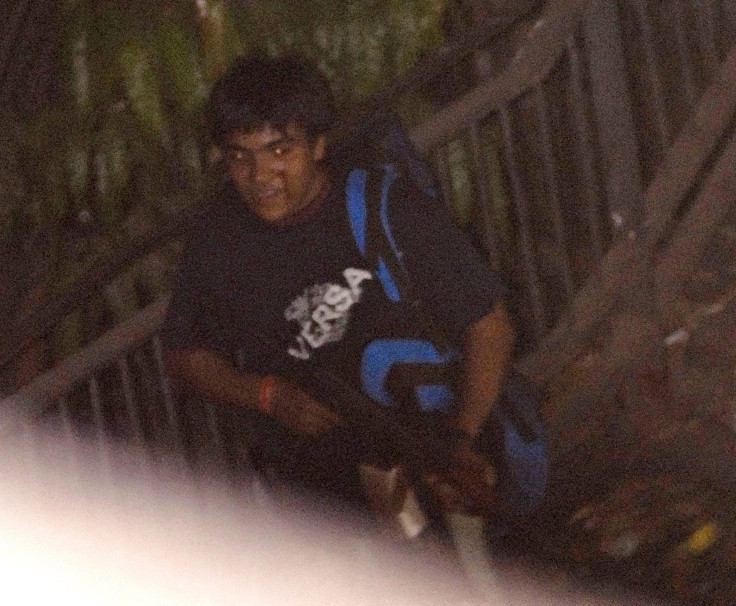Kasab Hanged: India Had Spent $108 Million To Give The Mumbai Attacker A Fair Trial

Mohammed Ajmal Kasab, the lone surviving terrorist among the 10 gunmen who attacked Mumbai Nov 26, 2008, was executed after President of India Pranab Mukherjee rejected his mercy petition.
As many as 166 persons were killed and 300 others injured in the when the Laskhar e-Taiba militants attacked different targets in Mumbai in 2008.
Kasab, 25, was hanged at Pune’s Yerawada Jail at 7:30 a.m. local time.
To ensure a fair trial, India had completed all the required legal process under its democratic system before hanging the gunman and the process cost millions of rupees to the exchequer.
There was an immense pressure from various sections of the society to execute Kasab immediately after the Supreme Court upheld his death sentence August 29 last. However, considering the excruciatingly slow speed of the Indian judiciary system, his execution was expected to take much more time.
His execution is seen as a cause for relief for the Maharashtra state government which has spent millions of rupees to keep the Pakistani terrorist alive.
According to the media reports, keeping Kasab alive and providing him a fair trial have cost the state government an estimated 500 ($99.2 million) to 600 million rupees ($108 million).
There has been contradictory reports on the money spent on Kasab, as the government estimates put the expenses around 300 million rupees ($54 million) while the police sources say it is between 550 to 600 million rupees.
Kasab had been kept in solitary confinement in a specially constructed egg-shaped cell at Arthur Road Jail in Mumbai. This bomb and bullet proof cell cost 52.5 million rupees while his security was entrusted to a special team from the Indo-Tibetan Border Police (ITBP) which cost the government 190 million rupees, according to the government.
The salaries of the policemen who protected him was 12 million while his food and medical expenses cost 12,0000 rupees till April 2012, according to the data submitted by the government in the state assembly.
Kasab was given a special security as the government feared that there would be attempts on his life.
Fearing that he might be killed in a grenade or chemical attack, authorities had constructed a 20-foot tunnel from his cell to the court room situated on the premises of Arthur Road Jail. He was under 24/7 protection and CCTV surveillance.
Apart from the salaries of the policemen, legal charges for his lawyers were also borne by the government since Pakistan had refused accept him as its subject despite Kasab’s plea for assistance. The state government provided him with attorneys according to the Indian judicial system.
Kasab’s security and legal expenses together added up to 430 million rupees, according to a senior Indian Police Service officer cited by the local media.
Around 150 million rupees were spent on a special ward in Mumbai’s JJ Hospital where he was admitted for treatment whenever he fell ill.
Interestingly, under the archaic prison rules that date back to 1871, an execution will cost only Rs. 50 (less than a dollar) for the state government - the cost of transporting the dead body to the crematorium. However, it is not clear how much the government has spent to execute Kasab.
© Copyright IBTimes 2024. All rights reserved.





















